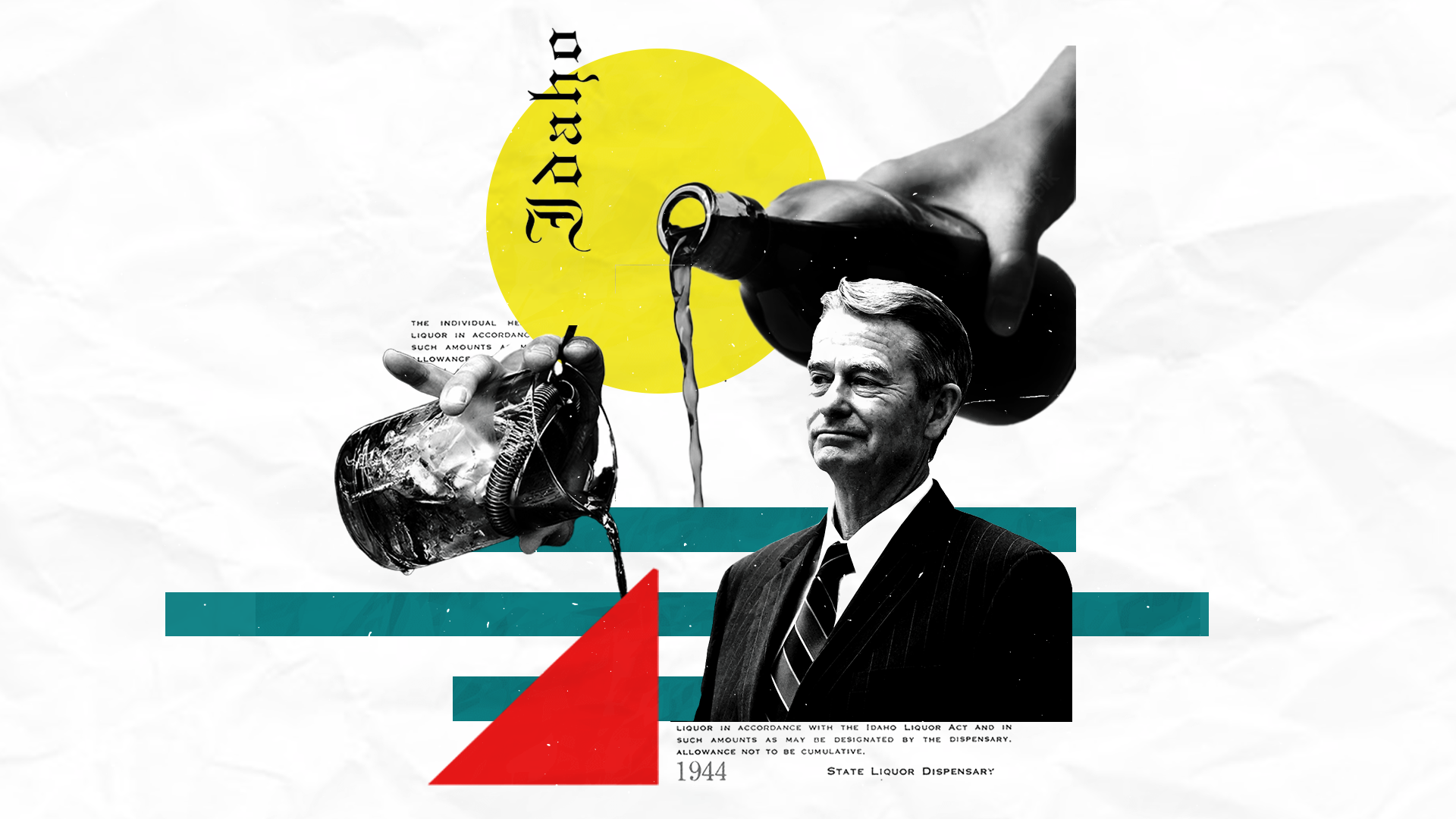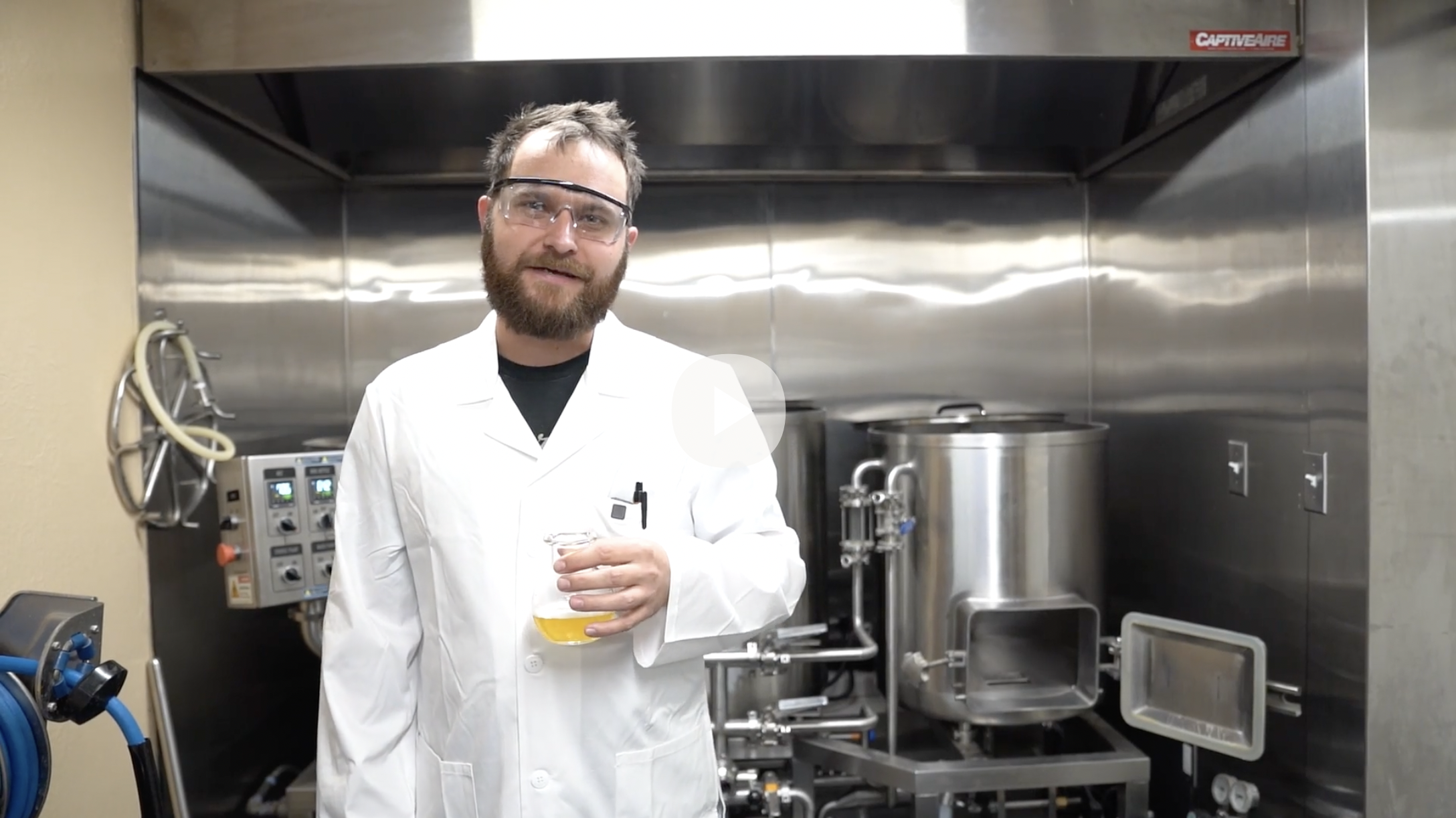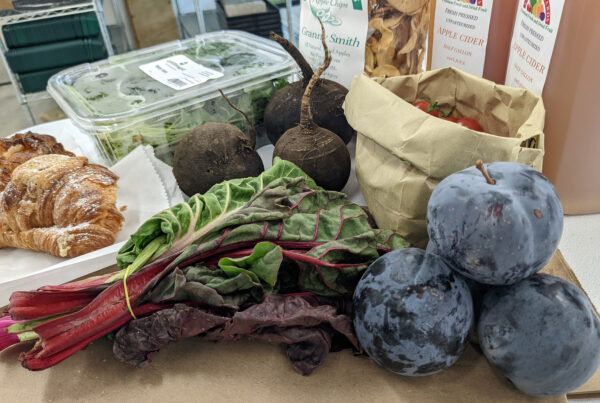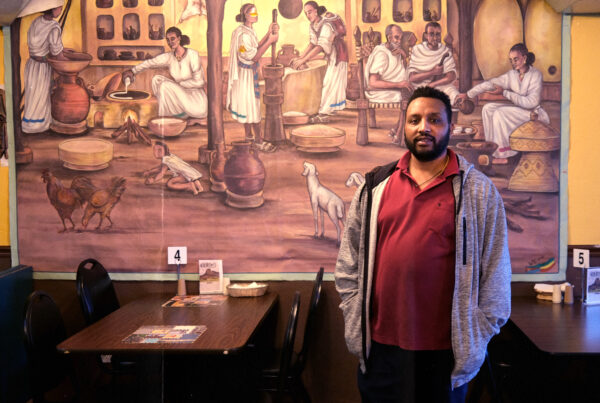A law restricting liquor licensing goes into effect July 1, and some Idaho business owners are
worried.
Signed by Gov. Brad Little on March 31, SB 1120 prohibits the resale of new liquor licenses, and
limits the transfer-ability of liquor licenses to one transfer for current license-holders.
The goal, according to bill sponsor Rep. Jim Guthrie (R-McCammon) was to eliminate
speculators — those who purchase liquor licenses and resell them for big bucks — from the
market.
But Idaho’s food and beverage stakeholders and local business owners are concerned that the
well-intentioned bill could have costly ramifications.
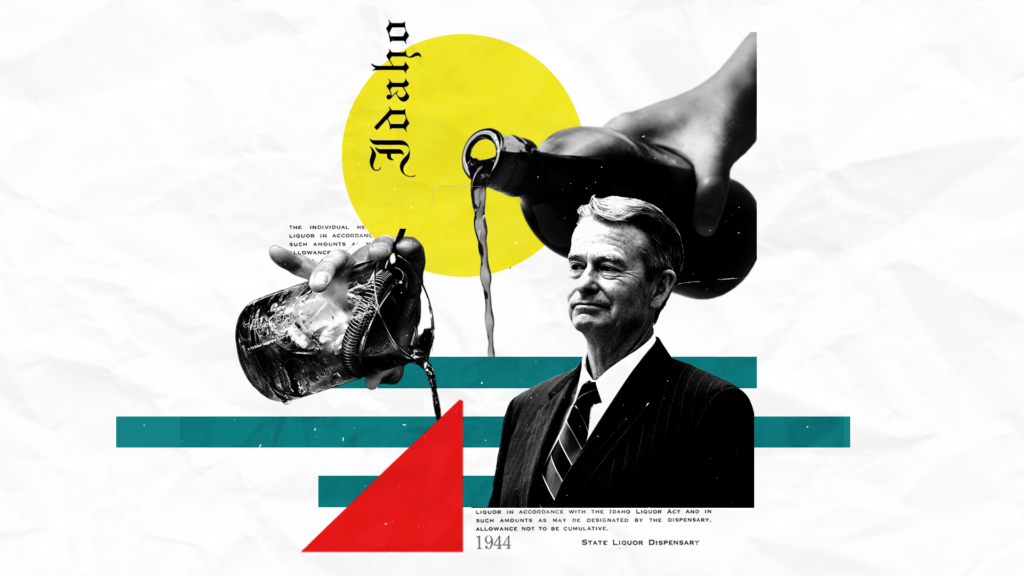
What SB 1120 does, and why it matters
Guthrie’s legislation restricts the resale and transfer-ability of liquor licenses — an attempt at
eliminating what lawmakers and stakeholders alike call a “speculative market,” created by the
original statute.
Idaho law currently grants every city two liquor licenses, plus one additional license per 1,500
residents. Licenses can be purchased from the Idaho State Police’s Alcoholic Beverage Control
division for $425.
In some rapidly growing areas, liquor licenses are easy to come by.
“There will be the same number of licenses, but more opportunity for real local business owners
to obtain one . . . without paying hundreds of thousands of dollars.”
But in high-demand areas, like Boise, or popular resort towns with low year-round populations,
liquor licenses are a rare find. License-holder hopefuls can spend decades on the state’s
waitlist. And speculators — those who purchase liquor licenses from the state just to resell or
lease them for a much higher price — are contributing to the problem.
According to a report from BoiseDev, the average liquor license cost $375,000 on the private
market in Boise in September 2022. From Garden City to Meridian, the private-market cost
ranged from $275,000 to $500,000 — the result of speculators scooping up low-cost licenses
from the state, and turning them for a profit.
The speculative market is “contrary to the intent of Idaho statute,” according to Guthrie. It prices
out locals who want to serve liquor in their bar or restaurant, and caters to out-of-state interests
and those wanting to make a quick profit.
Guthrie believes SB 1120 will put it to an end.
“There will be the same number of licenses, but more opportunity for real local business owners
to obtain one,” Guthrie said. “Those that truly want to be in the business can do so without
paying hundreds of thousands of dollars.”
Guthrie’s law is the latest in many attempts to end the speculative market — and the first to land
on the governor’s desk.
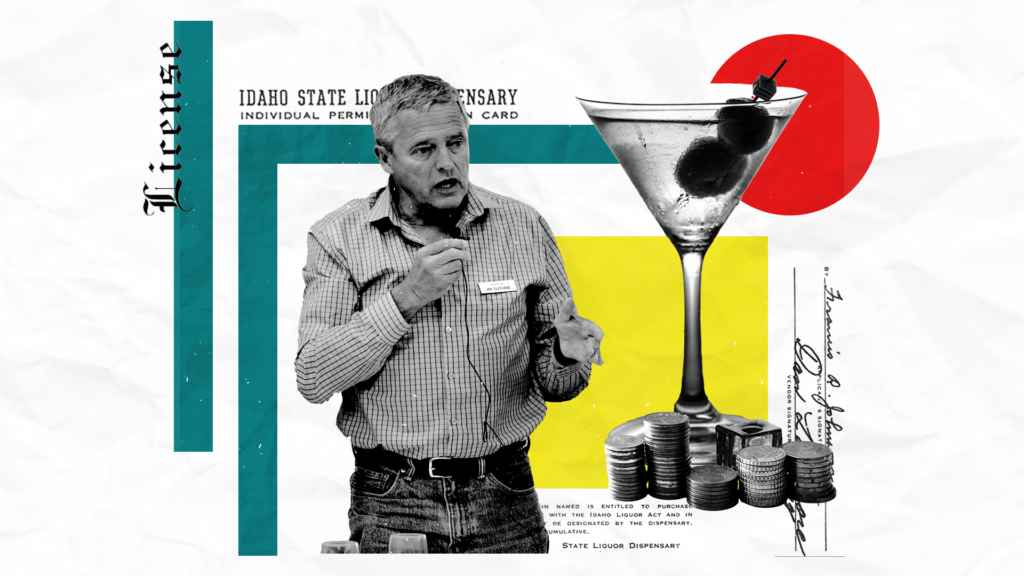
Why some business owners and license holders are confused — and concerned
Prior to the introduction of SB 1120, many stakeholders supported taking action against the
speculative market.
But now, some are concerned that the fixes could do more harm than good.
“People are upset,” said Katie Baker, Executive Director of FARE Idaho, a nonprofit dedicated to
advocacy for the restaurant, food and beverage, and family farm industries.
Concerns stem from a section of the law that places limits on license transfer-ability and bans
license leasing, according to Baker.
Come July 1, current license holders will be limited to one transfer — a term that could
encompass a range of scenarios depending on interpretation. That lack of clarity, Baker said,
could leave local business owners without adequate protections.
“Let’s say you get divorced,” Baker said. “If you move locations, will that be considered a
transfer? Would you be able to add a new spouse onto the license? If you’re a restaurant owner
and there’s a fire at the building you’re renting and you have to move locations, does that count
as your one transfer?”
Idaho Falls distillery owner and longtime industry leader Liza McGeachin shares FARE’s
concerns.
“We are all fearful that this is going to create a loss of equity in the long run for small business
owners who have taken risks and sacrificed so much of their personal lives to build that equity,”
McGeachin said. “For many, a liquor license is one of the only assets they have…now, there are
people’s retirement plans seriously at risk.”
McGeachin bought her liquor license off the private market for $175,000. On top of that cost,
she’s paid over $40,000 in fees to the state, city and county — at least $20,000 of those were
transfer fees paid immediately after purchasing, and after an inter-company transfer when
McGeachin took on more shares of the business.
McGeachin is also concerned that the ban on leasing could eliminate opportunities for local
businesses. When leasing goes, the only options will be purchasing from the private market or
waiting for a state license — neither of which are affordable for many business owners.
“Banning leases will create another barrier to entry for new business owners who have less
capital, such as a former bartender or chef who want to own their own business,” the Idaho Falls
business owner said. “A lease is currently a very approachable option to getting started in the
business.”
“We are all fearful that this is going to create a loss of equity in the long run for small business
owners who have taken risks and sacrificed so much of their personal lives to build that equity,”
The law puts current leaseholders in limbo, McGeachin said. It isn’t clear whether or not current
leaseholders will be able to renew their leases after the law takes effect.
“Leasing liquor licenses is a great way for people to get into the business when they can’t afford
to buy a liquor license off the open market,” said Baker. “It’s not all bad.”
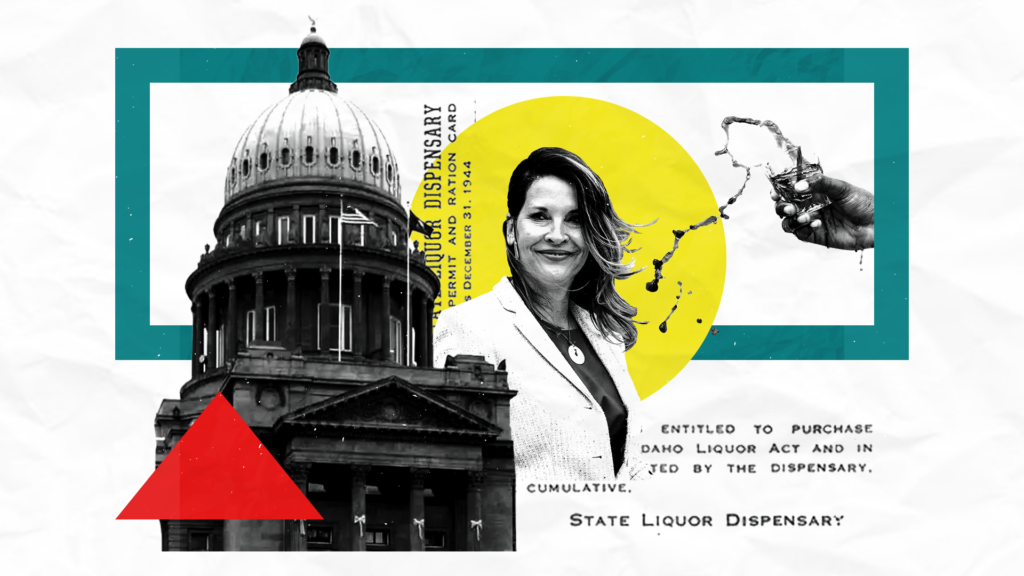
Legislative fixes may be in order
FARE is working to develop foolproof solutions to some of the gaps and uncertainties it says the
new licensing law could create. But a long wait lies ahead.
Until July 1, the organization won’t know exactly what issues the new law creates, or how to
solve them.
“A lot of this is up in the air as we’re waiting for the rulemaking to be finalized and understand
what legislative fixes need to be completed,” Baker said.
If problems do arise, and FARE expects they will, no action can be taken until the next
legislative session kicks off — in January 2024.
At that point, stakeholders will need to go through the drawn out lawmaking process — getting
stamps of approval from two committees on either side of the Statehouse, and receiving
majority votes in both the House and the Senate.
And after FARE’s proposed amendments to SB 1120 were shot down during the 2023 session,
Baker says the process could be painstaking. But Guthrie says he’s open to changes, but
anything that supports the speculative market is a “nonstarter.”
“If there’s a reasonable amendment, I’m open,” Guthrie said. “I’m not unreasonable.”
Any potential legislative fixes must also be signed by the governor, and won’t go into effect until
July 1, 2024.

